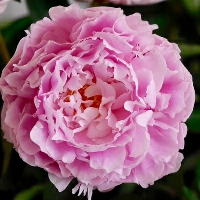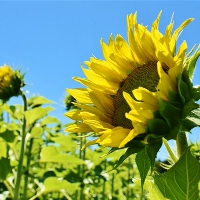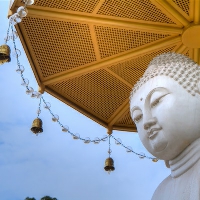History books record that there were 12 famous battles in which the Qin Dynasty would rise from the white sky, and more than 70 of them were big and small. During the period, more than one million people were killed in major battles, such as the battle of Changping, along with the previous attacks on South Korea, Wei Yu in Yique, Chu Yu Yan, Wei Yu in Huayang, Zhao General Jia Yan, and Han Yu Xing City. It accounted for two of the total war deaths during the Warring States Period
Expand Details









